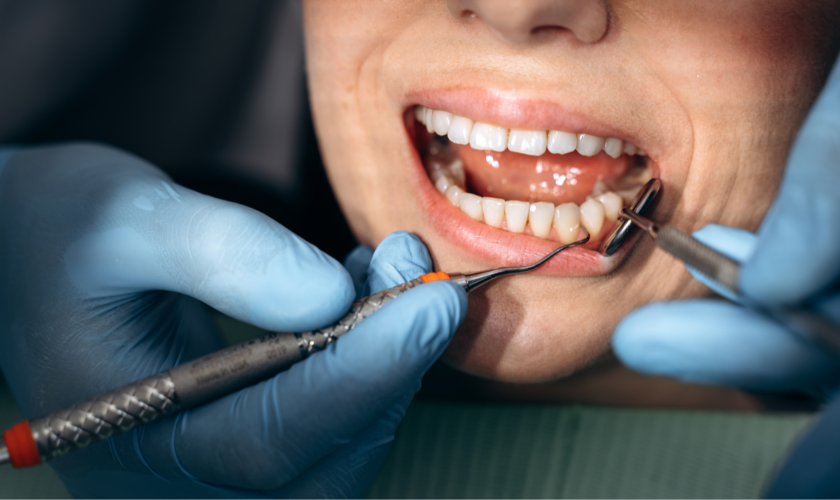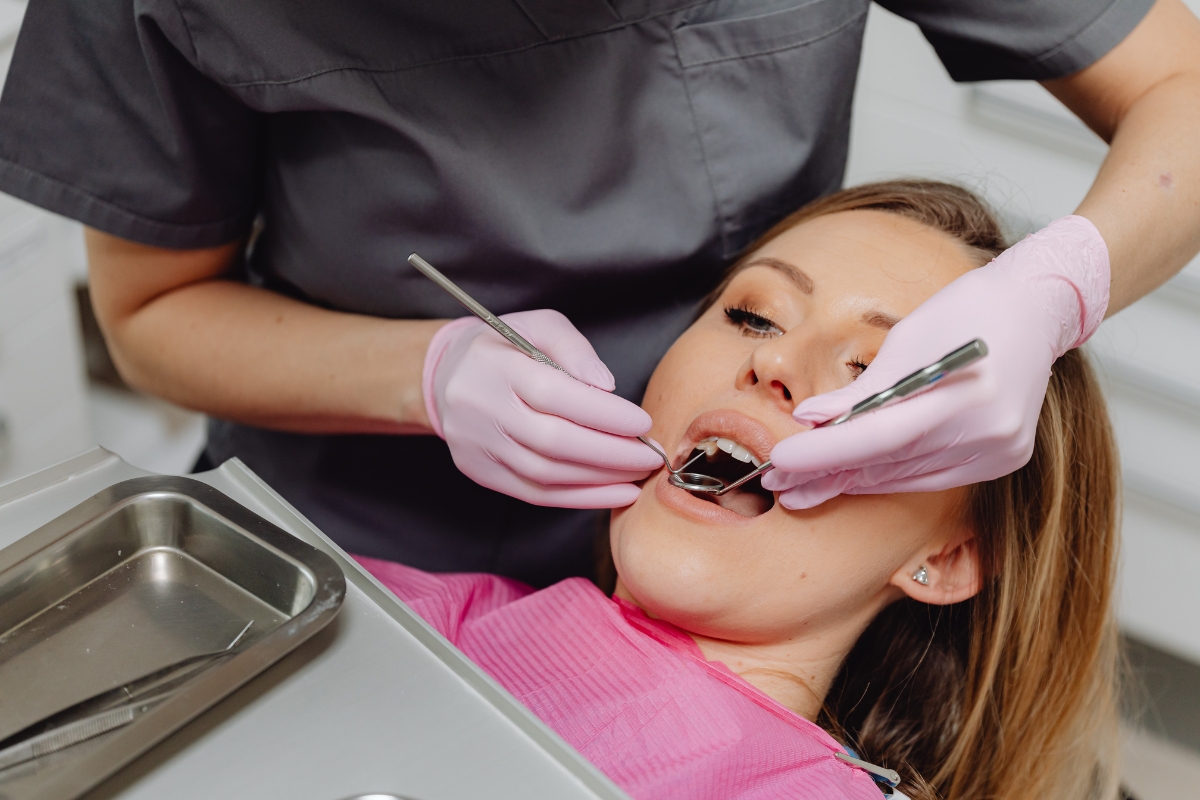
Your smile is a defining part of you, and ensuring its health is a high priority. In most cases, an ordinary dental cleaning or filling is all that’s needed. Sometimes, your oral health will show that something more intricate is happening and guide you toward an oral surgery consultation in Bellevue. Being able to detect the subtle, and at times not-so-subtle, signs is crucial to your health. Understanding when to take action can ward off small problems from developing into significant ones, maintaining your comfort and long-term oral health.
More often than not, most people imagine oral surgery as that of wisdom teeth removal, but the field is more diverse than that. It ranges from replacing missing teeth with dental implants to rearranging the jaw and fixing severe periodontal disease. The key is to listen to your body. If you’re in constant agony or feeling something that doesn’t sit right in your mouth, it’s an absolute indicator that you need to see a dentist.
Signs You Should Look Out For
The most common sign that you should get oral surgery is persistent pain or discomfort. It’s an age-old sign indicating that something is wrong. Although a random toothache may be due to a common cavity, a recurring, aching pain that won’t go away might be a sign of something more serious, such as an impacted tooth or deep infection. This kind of pain worsens over time and is often not alleviated with over-the-counter painkillers. It’s your body letting you know that you need to get professional help before the problem gets any worse.
Another giveaway symptom is recurring jaw pain or tenderness. If you have trouble chewing, talking, or even opening your mouth wide at all, it might be linked with your temporomandibular joint (TMJ). This is the joint that connects your jawbone to your skull and helps maintain balance in daily functions. Although some TMJ issues can be addressed with non-surgical treatments, others may require an oral surgery appointment in Bellevue to address the source of the issue.
Beyond Pain: Other Critical Symptoms
Pain is only one red flag. Look at your gums. Swollen, bleeding, or receding gums can be more than just a sign of gum disease; they can be a sign of something that needs surgery to repair. For example, if you have periodontitis, also known as advanced gum disease, your dentist might call for surgery to remove the diseased tissue and restore your gum line. Additionally, a persistent sore in your mouth that has not healed after several weeks should be explored immediately. The majority of sores are harmless, but a couple of others are a sign of a more severe disease, and an oral surgeon will be able to properly diagnose it.
Swelling on your face around your cheek or jaw area is another one that you should never ignore. This swelling can be an abscess or a more severe infection, which should be dealt with immediately so that it does not worsen. It’s often accompanied by a fever and is certainly something that you should get looked at by a professional immediately. Similarly, if your teeth are loose or shifting, it’s not something that happens with normal aging. This could be a sign of bone loss or another condition that can be evaluated and treated by an oral surgeon.
Recognizing these signs that you need oral surgery is the first step toward a smile that’s healthier and a life of greater quality. A dentist is a trained professional who can effectively diagnose these complex conditions and offer effective treatment options. Consult a trusted professional for a full evaluation of your mouth.




